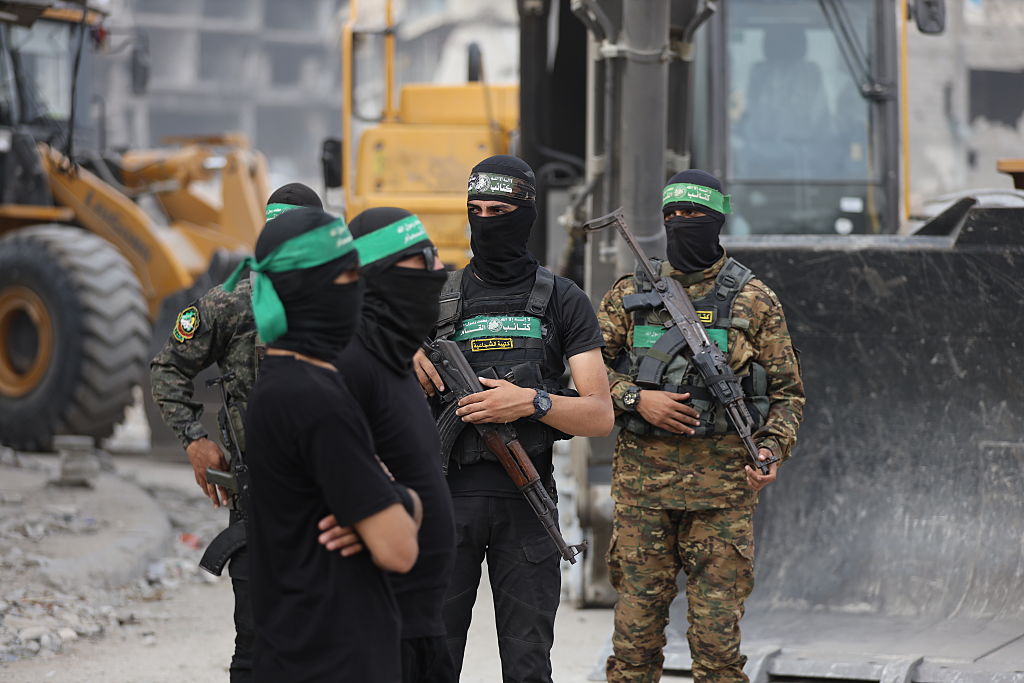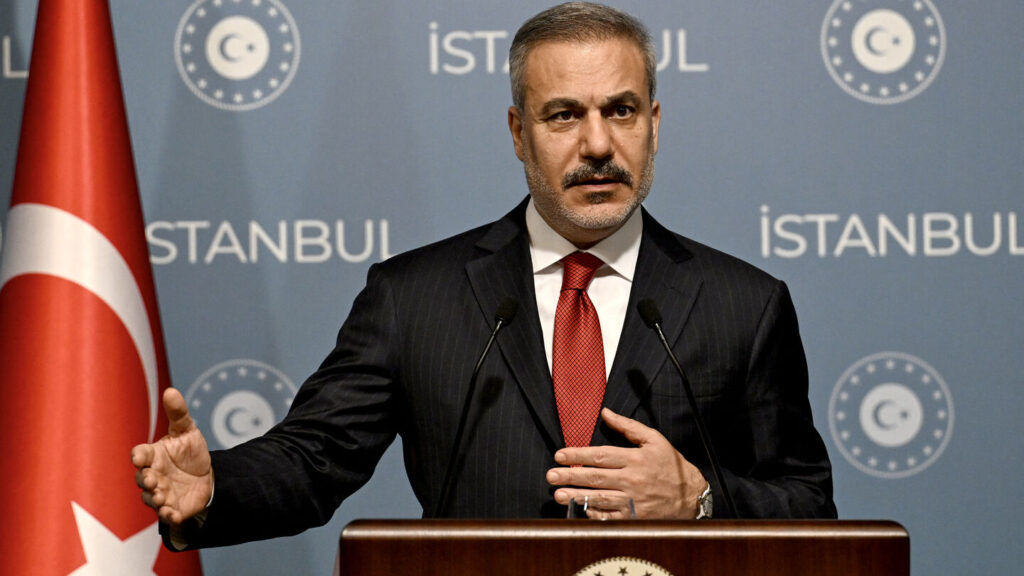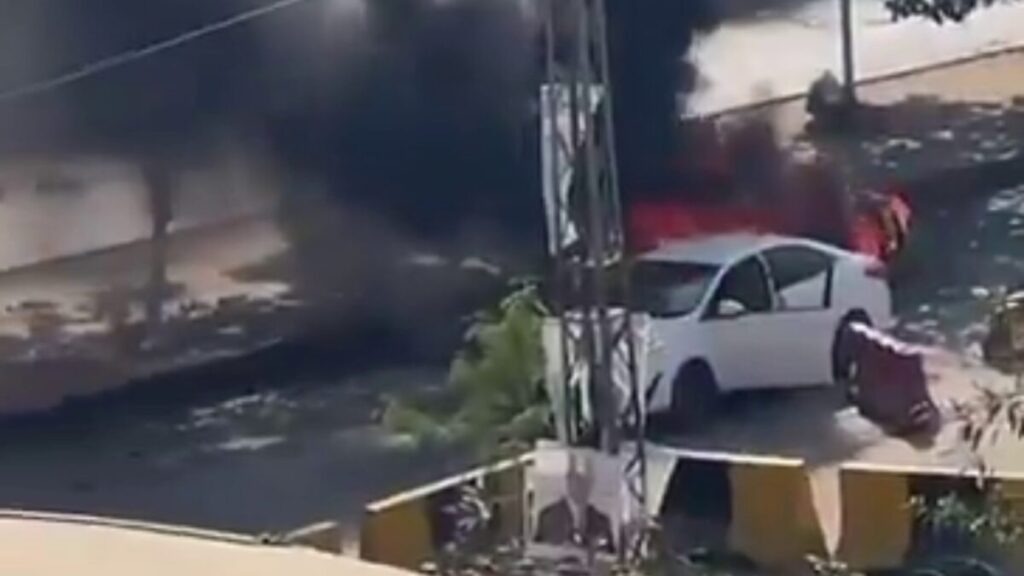Palestinian terror groups have violated Gaza ceasefire at least 18 times since implementation, IDF claims

On October 14, four days after Israel and Hamas agreed to phase one of US President Donald Trump’s 20-Point Ceasefire Plan for Gaza, Trump addressed the Israeli Knesset. “After so many years of unceasing war and endless danger, today the skies are calm, the guns are silent, the sirens are still, and the sun rises on a Holy Land that is finally at peace,” Trump stated. However, a month after the implementation of the first phase of the ceasefire, which laid out clear guidelines for the cessation of hostilities and the return of Israeli hostages, Hamas and allied terror groups have violated the agreement at least 18 times, the Israel Defense Forces (IDF) claims.






